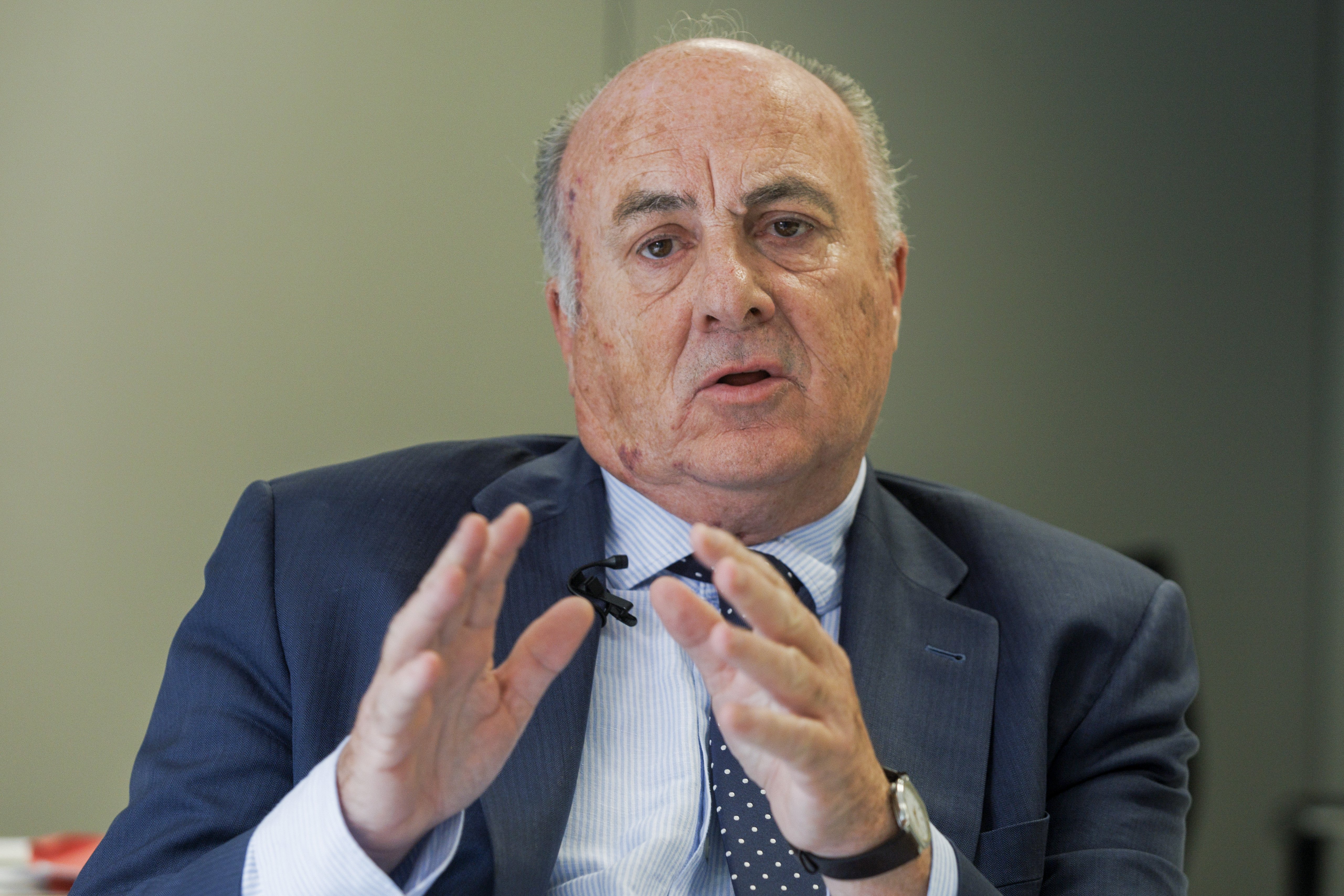Another door-slam from Switzerland on Spanish judge Manuel García-Castellón in his attempt to pursue terrorism charges in the case centred on the Catalan pro-independence protest platform, Democratic Tsunami. The Swiss federal department of justice and police has refused, for the third time, to offer him judicial assistance in the case he is investigating over alleged crimes of terrorism in the demonstrations called by Democratic Tsunami against the Supreme Court sentencing of Catalan pro-independence leaders at the end of 2019, considering that the protests were of a political nature and had nothing to do with terrorist acts. According to El País, on May 22nd the Swiss authorities sent a text to García-Castellón in which they pointed out that the actions described do not fall within the scope of the Swiss Penal Code, in a letter pointing out that "the jurisprudence of our courts has held that criminal/terrorist organizations include, for example, the Italian Red Brigades, the Basque ETA and the Al-Qaeda network, but NOT organizations which, using means other than acts of criminal violence, fight for political power in the country".
Refusal to locate Marta Rovira
The judge in Spain's National Audience also requested that the Swiss authorities obtain for him the location of the general secretary of the Catalan Republican Left (ERC), Marta Rovira, who is also accused in the case, and also demanded information about a bank account that had allegedly been used to finance the mobilizations organized by Democratic Tsunami in 2019. Now, once again, the Swiss federal office has indicated that it will do neither of these two things, since, says the office, the actions "do not constitute terrorism under Swiss law" and for this reason they deny the help requested by García-Castellón.
The Swiss authorities had already shown their bewilderment with the judge's request and indicated this in the response to a rogatory letter: "We would like to know the exact relationship between Marta Rovira, the subject of both the criminal investigation and one of the mutual assistance measures, and the demonstrations at the two airports mentioned - Barcelona-El Prat and Barajas-Alfonso Suárez - which constitute the events described in the rogatory letter; in other words, it is important to highlight the precise involvement of Mrs Rovira in these demonstrations, and more specifically in the actions undertaken against Spanish officials and looting committed in this context". At that time, the only evidence presented by the judge of Rovira's participation in Tsunami related to a meeting in Geneva, whose content is unknown, where, according to the judge, the creation of the protest movement was discussed and some plans for the actions that were then carried out. The judge pointed out as proof that Rovira "was the one who tweeted the first message from Tsunami the fastest". And he added that "it only took three minutes to read the tweet, retweet it, think about commenting on it and transcribe it (40 words spread over 225 characters with spaces). It is suspected, therefore, that it could have been at the Geneva meeting, where the Democratic Tsunami action was planned and organized."
"Neither coercion nor extortion"
In the new letter sent by the Swiss authorities, they defend that in the protests organized by Tsunami there was neither extortion nor coercion, nor was anyone's life or physical integrity endangered. As could take place "by hijacking an airplane, using methods of mass extermination, causing a catastrophe or taking hostages". And, they add, "this situation, in our opinion, has not occurred". In addition, they also responded to the accusations made a few days ago by García-Castellón, who accused the Swiss authorities of a political bias favourable to the Spanish government, and criticised them for not having yet responded over a meeting between court officials of both countries. The Swiss authorities asserted that it would be normal for them to have been previously informed about the amnesty process in Spain "as we would have done in similar circumstances with other foreign states. This legislative element cannot be omitted, as it may have an impact on the Spanish criminal procedure that serves as the basis for the rogatory letter". And they add that "it is not our practice to meet with representatives of the foreign requesting state, nor with the foreign central authority as a general rule and much less with the requesting foreign judge after receiving a rogatory letter".
García-Castellón also criticized that Switzerland had the obligation to respect the Convention of the Council of Europe for the prevention of terrorism. However, the authorities of the Alpine country claim that at no time have they ignored the agreement. "The exceptions foreseen clearly demonstrate that Swiss national legislation has taken into account several of the situations contemplated in the conventions on terrorism. However, the facts described in the Spanish rogatory letter do not reach the level of gravity required to exercise this exception".

